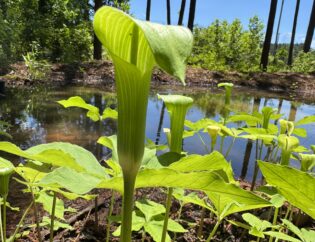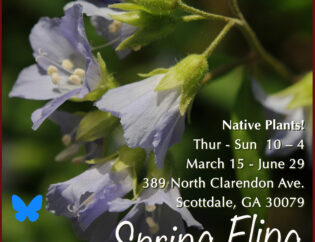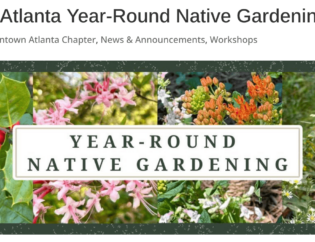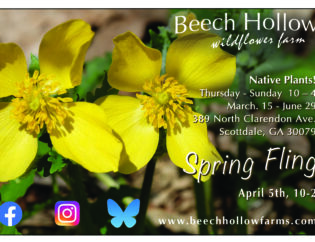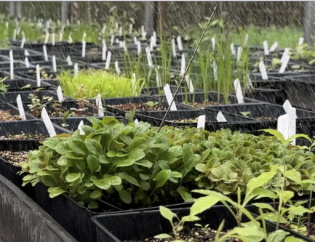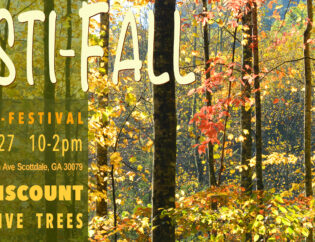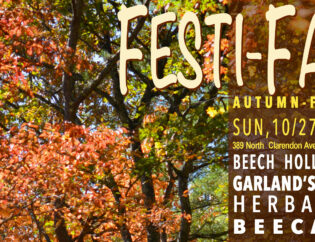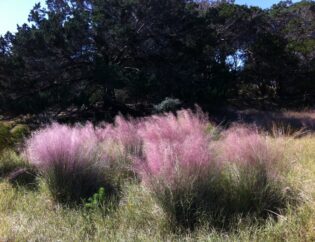Beech Hollow Farms is proud to announce that we have been accepted into the Certified Naturally Grown program for 2013! We’re looking to start selling plants at local farmer’s markets and they use CNG standards as the criteria for evaluating their vendors (Athens Farmer’s Market requires CNG certification) so we went ahead and applied. We still have to get inspected by another local farmer in the program, and that is one of the cooler parts of this organization: the co-operative nature of it. There is no central governing body that approves or denies your farm, just a network of participating farmers that evaluate each other based on some general guidelines. The program is really aimed at food producers, so it might seem like a bit of overkill for us to join, but many of our plants can be eaten by humans as well as wildlife. (Some are deadly poisonous so don’t just start eating our plants willy-nilly)
Certified Naturally Grown was developed as an alternative to the costly, time-consuming USDA Organic Certification that most small farmers don’t have enough time or money to attain. It uses the USDA Organic standards as the jumping off point for their guidelines, but allows fewer exceptions. Many things that would not be considered “organic” by most rational people are allowed under USDA Organic. Just take a look:
“(b) In addition to the criteria set forth in the Act, any synthetic substance used as a processing aid or adjuvant will be evaluated against the following criteria:
(1) The substance cannot be produced from a natural source and there are no organic substitutes;”
That #1 is a the main way that producers can argue for exceptions for all manner of chemicals. Contrast that with the CNG list of prohibited substances:
“PROHIBITED
Fertility and Soil Amendments – Prohibited Substances
Ash from manure burning
Chemically-processed minerals, including quick lime, sugar lime
Compost with sewage sludge, synthetic compost starter, glossy paper, paper with colored ink
Synthetic fertilizers
Plant Pests and Diseases – Prohibited Substances
Rotenone
Detergent-based soap products
Synthetic wetting agents
Nicotine sulfate and other tobacco products
Heavy metal-based pesticides
Most synthetic insecticides, fungicides, miticides
Weed Management – Prohibited Substances
Most synthetic herbicides
Heavy metal herbicides
Micronutrient-based herbicides
Soap-based herbicides
Paper mulch with glossy paper or paper with colored ink“
Very similar, but with much less tolerance for synthetic substances, which in my opinion is what “organic agriculture” should be all about.
You can view our farm profile, grower’s declaration (and soon our inspection report) right here. The transparency is another aspect of this organization that I also find refreshing. Anything that we use for fertilizer or pest control has to be declared and anyone can look it up through the website. You can also use the site to find participating farms in your area. Who’s YOUR Farmer?
